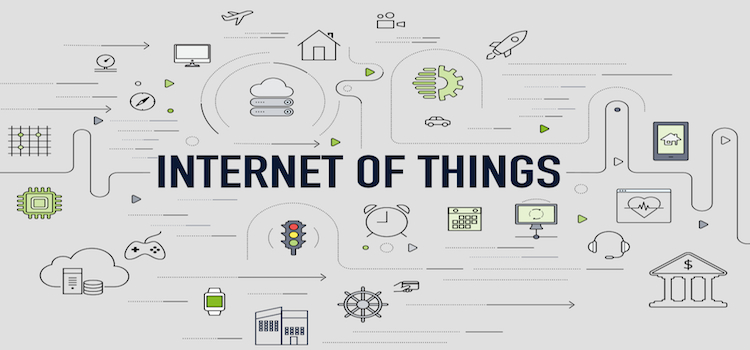The Internet of Things (IoT) is coming and it is coming hard and fast. Already many people, including myself, have sensors and even light bulbs that are connected for home automation and security purposes. My experience with this so far has been excellent. I absolutely love the flexibility and added functionality I get from this. I forget to turn my alarm on as I leave home? As long as I didn’t forget my smartphone too that is no issue at all. I want to have certain lights turn on automatically as it gets dark? Check. I wonder if I left that light on at home, and if I didn’t I need to turn it on remotely? Check. I need to dim the lights in the kitchen a little to set a mood, even though none of my switches have dimmers built in? Check. Life is grand.
Then, just as I start contemplating what else I can use to inject a little intelligence into in my house I start hearing things like the Samsung TV controversy about a week ago (Samsung Story). It seems that the following phrase was included in the Samsung privacy policy with their smart TV products:
“Please be aware that if your spoken words include personal or other sensitive information, that information will be among the data captured and transmitted to a third party through your use of Voice Recognition.”
Now that will make you think, will it not? Luckily, for Samsung profits and the user’s sake, they quickly amended their policy language and assured the public that they were not monitoring private conversations. I am not sure how many people believe them, after this little fiasco, but that is what they said.
As our new programmable and highly connected world comes into reality over the next few years there are some key things we need to consider. In this case the “we” are service providers and the companies helping those service providers to implement all of the new technology behind this. Some of these issues have come up in meetings I have been in myself in the last week, so I know people are worried about it. The key questions to consider seem to be:
- Do my privacy policies suffice to protect me and my customers in this new world?
- Am I properly protecting my customers in every way possible for the potential invasions of privacy when everything is connected to the Internet?
- What customer data am I going to inadvertently gain access to in this new world that I don’t want even my employees to look at?
- How big of a threat is that that even health related data will leak over my network due to all the wearable devices people have now, and even more so in the future?
- What happens when the government asks for records from a customer’s nanny cam, webcam, heart rate monitor, Xbox, etc?
- What happens to my contractual obligations with third parties, such as content providers, when my customers can access content at home from anywhere, whether that be video, files, amount of milk left in the refrigerator, etc?
You see, it isn’t just the engineers and IT professionals that need to worry about this new world. Heck, they may have the easy part because they just have to figure out how to make it work. The legal and regulatory crowd has a load of work on this as well. Their task is to figure out how to properly protect their company, their customers, and their partners without handcuffing the technical guys to an extent where none of this can ever get deployed. It is a balancing act that a few companies are well positioned to help you figure out, like us (of course). Take advantage of this and learn from those that have gone through it and/or are going through it right now.
Reference Article of Interest:
